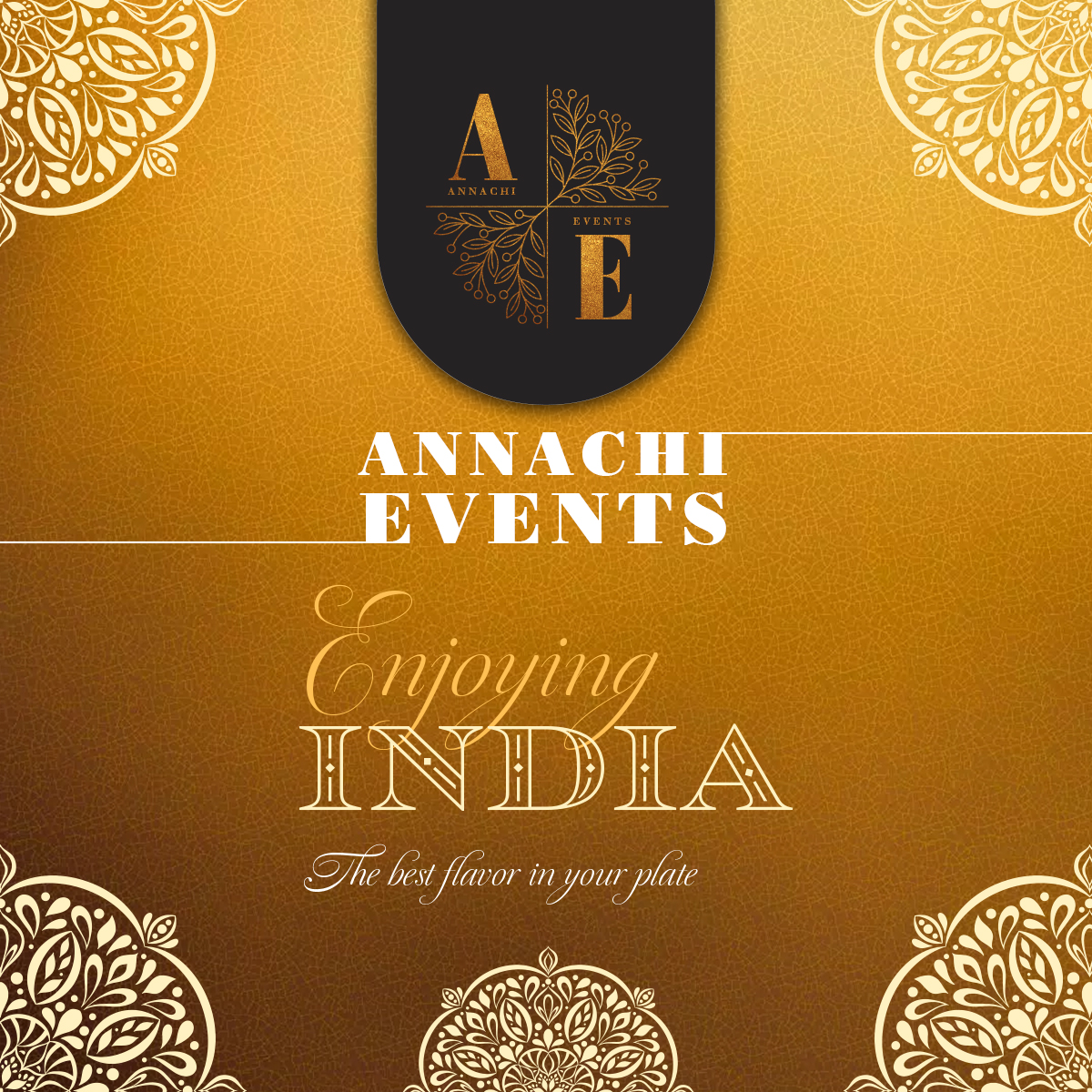Annachi Poo In English: A Vibrant Celebration Of Tradition And Culture
Let's talk about something that's been lighting up conversations across cultures—Annachi Poo! If you've ever wondered what this vibrant tradition means and how it translates into English, you're in the right place. Annachi Poo is more than just a practice; it's a cultural gem that connects generations through rituals and symbolism. So, buckle up as we dive deep into its significance, meanings, and everything in between!
This isn't just another article about cultural practices. It's a journey into understanding the heart and soul of traditions that define communities. Whether you're here out of curiosity or because you're planning your own Annachi Poo celebration, we've got all the details covered. This article will be your go-to guide for everything related to Annachi Poo in English.
Before we jump into the nitty-gritty, let me set the stage for you. Annachi Poo is one of those practices that speaks volumes about cultural identity. It's like a bridge that connects the past with the present, and its meaning in English adds a layer of accessibility for those who might not speak Tamil or other regional languages. So, let's explore what makes this tradition so special!
- How To Safely Navigate The World Of Onion Buy Online
- Sways Howards Grove The Ultimate Guide To Unveiling Its Secrets
What is Annachi Poo?
Now, let's break it down. Annachi Poo, in simple terms, refers to a specific flower or garland used in traditional South Indian rituals. The word "Annachi" carries deep cultural significance, often associated with respect and reverence. When translated into English, Annachi Poo can be loosely interpreted as "Elder Sister's Flower," symbolizing the bond between siblings and the importance of familial ties.
This practice is deeply rooted in Tamil Nadu and other parts of South India, where flowers play a crucial role in religious and cultural ceremonies. The use of Annachi Poo isn't random; it's a deliberate choice that carries layers of meaning. It's not just about aesthetics; it's about the emotions and values it represents.
Why Annachi Poo Matters
Here's the deal—Annachi Poo isn't just a flower. It's a symbol of love, respect, and gratitude. In many households, it's used during important occasions like weddings, festivals, and religious ceremonies. Its significance lies in its ability to bring people together, creating moments of joy and connection.
- Main Street Pizza Your Ultimate Guide To The Best Pizza Experience
- Glenview Masonic Temple The Hidden Gem Of Spiritual And Historical Significance
- It represents the bond between siblings, especially between sisters and brothers.
- It's used in rituals to honor deities and seek blessings.
- It's a symbol of purity and devotion.
So, whether you're celebrating a personal milestone or participating in a community event, Annachi Poo adds a touch of authenticity and tradition to the occasion.
The Symbolism Behind Annachi Poo
Let's dive into the deeper meaning of Annachi Poo. Beyond its literal translation, this tradition carries layers of symbolism that resonate with people on an emotional level. Think about it—flowers have always been a universal language of love and respect, and Annachi Poo takes that symbolism to the next level.
In many cultures, flowers are used to convey emotions that words sometimes can't express. Annachi Poo is no exception. It symbolizes the bond between siblings, the importance of family, and the gratitude we feel toward those who guide and support us. It's like wearing your heart on your sleeve—but with flowers!
Annachi Poo in English: Bridging Cultures
Translating Annachi Poo into English isn't just about finding the right words; it's about capturing the essence of what it represents. For many people, especially those who are part of diaspora communities, understanding the meaning in English helps bridge the gap between cultures. It allows them to share their traditions with others who might not speak the same language.
This translation isn't just about making the tradition accessible; it's about preserving its integrity and meaning. Whether you're explaining Annachi Poo to a friend or incorporating it into your own celebrations, the English translation ensures that its significance isn't lost in translation.
How to Use Annachi Poo in Celebrations
Now that we understand what Annachi Poo is and why it matters, let's talk about how to incorporate it into your celebrations. Whether you're planning a wedding, a festival, or a family gathering, Annachi Poo can add a touch of authenticity and tradition to the occasion.
Here are some ideas:
- Use Annachi Poo garlands during wedding ceremonies to symbolize the bond between the bride and groom.
- Incorporate it into religious rituals to honor deities and seek blessings.
- Use it as a decorative element during festivals like Pongal or Navaratri to create an authentic ambiance.
Remember, the key is to use Annachi Poo in a way that resonates with the occasion and the people involved. It's not just about following tradition; it's about making it meaningful and personal.
Tips for Choosing the Right Annachi Poo
Not all Annachi Poo is created equal. When selecting flowers for your celebrations, keep these tips in mind:
- Choose fresh, fragrant flowers that are in season.
- Consider the color and size of the flowers to match the occasion.
- Ensure the flowers are sourced ethically and sustainably.
By paying attention to these details, you can make sure that your Annachi Poo not only looks beautiful but also carries the right symbolism and meaning.
The Cultural Impact of Annachi Poo
Annachi Poo isn't just a tradition; it's a cultural phenomenon. It plays a significant role in shaping the identity of communities and preserving their heritage. In a world where globalization often threatens traditional practices, Annachi Poo stands as a testament to the power of culture and tradition.
This practice has been passed down through generations, with each family adding its own unique twist. Some use Annachi Poo during weddings, while others incorporate it into daily rituals. Regardless of the occasion, its impact is undeniable.
Annachi Poo in Modern Times
In today's fast-paced world, where traditions are often overshadowed by modernity, Annachi Poo continues to thrive. It's a reminder of the importance of staying connected to our roots while embracing change. Many young people are rediscovering the beauty of this tradition and incorporating it into their lives in new and innovative ways.
From social media posts to cultural festivals, Annachi Poo is making waves in the modern world. It's a symbol of resilience and adaptability, proving that traditions can evolve without losing their essence.
Annachi Poo in English: A Gateway to Understanding
Translating Annachi Poo into English isn't just about finding the right words; it's about creating a bridge between cultures. For many people, especially those who are part of diaspora communities, understanding the meaning in English helps them connect with their heritage while navigating a multicultural world.
This translation isn't just about making the tradition accessible; it's about preserving its integrity and meaning. Whether you're explaining Annachi Poo to a friend or incorporating it into your own celebrations, the English translation ensures that its significance isn't lost in translation.
Annachi Poo and Globalization
As the world becomes more interconnected, traditions like Annachi Poo are gaining global recognition. People from all over the world are discovering the beauty and significance of this practice, leading to a greater appreciation for cultural diversity.
This global interest isn't just about curiosity; it's about understanding and respect. By sharing traditions like Annachi Poo, we create opportunities for dialogue and learning, fostering a more inclusive and harmonious world.
Conclusion: Embracing Tradition in a Modern World
As we wrap up our exploration of Annachi Poo, it's clear that this tradition is more than just a practice—it's a cultural treasure. Whether you're celebrating a personal milestone or participating in a community event, Annachi Poo adds a touch of authenticity and tradition to the occasion.
So, here's what we've learned: Annachi Poo is a symbol of love, respect, and gratitude. It's a tradition that connects generations and bridges cultures. And its meaning in English ensures that its significance is accessible to everyone.
Now, it's your turn to take action. Whether you're planning your own Annachi Poo celebration or simply sharing this article with a friend, you're helping to preserve and promote a tradition that deserves to be celebrated. So, go ahead and make it happen!
Table of Contents:
- What is Annachi Poo?
- The Symbolism Behind Annachi Poo
- How to Use Annachi Poo in Celebrations
- The Cultural Impact of Annachi Poo
- Annachi Poo in English: A Gateway to Understanding
- Annachi Poo in Modern Times
- Annachi Poo and Globalization
- Fast Cashouts Logicalshout The Ultimate Guide To Unlocking Your Financial Freedom
- Things To Do In Birmingham This Weekend Your Ultimate Guide To Adventure

Annachi Events Annachi Supermarket

annachi stores, Online Shop Shopee Malaysia

Pattu Star Anise (Annachi Poo) 100g